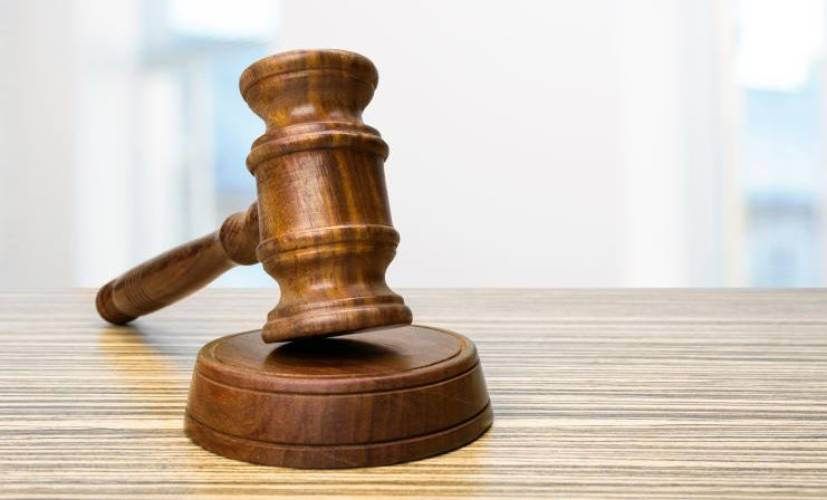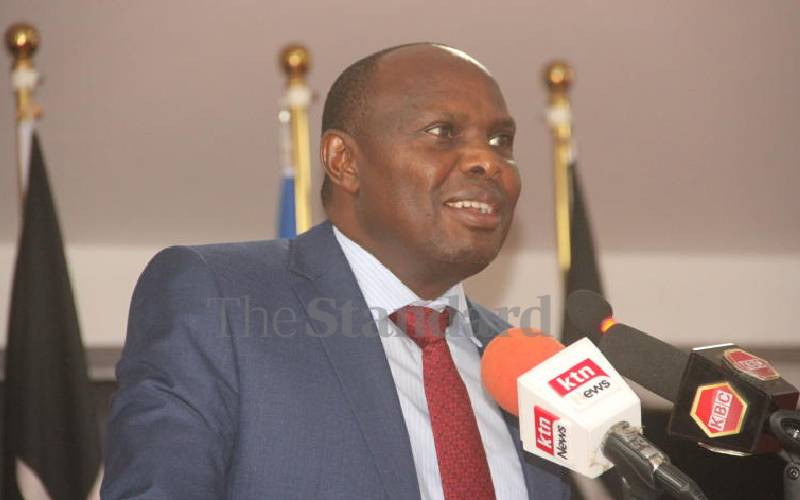NAIROBI: The fifth year of implementation of the COK 2010 comes to an end in a few weeks. With this will come the dissolution of the CIC, which had been mandated with overseeing the implementation of Kenya’s new Constitution. In the absence of the CIC and with the Jubilee government having eliminated the Constitutional Affairs Ministry, there is a real danger that the profile of constitutional implementation in the nation’s psyche will be significantly reduced. I sincerely pray that time proves me wrong.
Without doubt, the Constitution introduced significant changes in Kenya’s political and administrative structures, including constitutionalising devolution, reengineering the human rights framework and bringing in hitherto unimaginable separation of powers and checks and balances within the governance system. The Kenya of 2015, at least institutionally, is fundamentally different from the Kenya of 2009. There is no question that the framers of the Constitution, spurred on by decades of lost opportunities for recalibrating the Kenyan State, and seeing too visibly the unfortunate effects of bad governance in the post-election violence of 2008, were too ambitious, nay, naïve, in their expectations of what the Constitution could achieve within the short timelines they accorded its implementation.
In a short span of five years, the framers of the Constitution expected all the critical laws that were necessary for implementation to have been enacted, all the regulations for the implementation of those laws to have been passed and the institutional infrastructure for implementation to be in place. Unsaid but expected was that even the attitudes of the populace and its rulers would have been reformatted to be in tandem with the new Constitution’s realities.
Looking back, there was probably no other option but to hurry this process. Like a patient with terminal cancer, Kenya needed heavy doses of chemo to ensure that the cancer was removed as quickly as possible. But alas, Kenya’s cancer was deep and had impacted too much tissue, quick therapy left impressions of change but the cancer quickly re-emerged. This has been our story.
The Constitution set high ideals and in the first two or so years as new laws and institutions were put in place, there was tremendous enthusiasm for the Constitution. Soon however as the cancer re-emerged in some tissues, Kenya started losing momentum and indeed resistance to change became increasingly evident.
It wasn’t too long before the collectivity of the people called Kenya, leaders and led, quickened the reversal to old ways. It is no wonder then that increasingly, we are looking for solutions to our national malaise outside the Constitution, even where the Constitution has provided clear avenues. It is no wonder that violations of the Constitutions nowadays only merit a national yawn, and claw backs on the Constitution through statute generate no national outrage. It is no wonder that we are quickly massacring institutions we created only three years ago and preferring the tried, tested but failed avenues of the past. Indeed, we are now on the drawing board seeking some amazingly regressive amendments to the Constitution. My greatest concern is that skepticism with the public on the possibilities wrought by the Constitution is growing, informed not so much by reality, but by an incessant negative narrative on the state of the nation. Since in the eye of a naïve population, including the so-called elite, the Constitution has failed to resolve the “national crisis” the narrative is that we must now look elsewhere for answers.
And because the Kenyan citizenry is generally very manipulatable and shockingly dependent on the political establishment to define its views on issues, I won’t be surprised that the next phase of “reforms” will demonise most of the progressive content of the Constitution and seek to take us back to the comforts of the past.
In this dangerous environment, the Constitution, its ideals and its promises demands new owners, who must believe that outside of our Constitution, with all its imperfections, we are doomed and that our greatest strength will be in implementing it, even as we clean it up.
These owners cannot be politicians whatever shade of wool they will cover themselves with. Good people, while five years is a short time to change a nation, what we cannot afford is a backwards movement.
 The Standard Group Plc is a
multi-media organization with investments in media platforms spanning newspaper
print operations, television, radio broadcasting, digital and online services. The
Standard Group is recognized as a leading multi-media house in Kenya with a key
influence in matters of national and international interest.
The Standard Group Plc is a
multi-media organization with investments in media platforms spanning newspaper
print operations, television, radio broadcasting, digital and online services. The
Standard Group is recognized as a leading multi-media house in Kenya with a key
influence in matters of national and international interest.
 The Standard Group Plc is a
multi-media organization with investments in media platforms spanning newspaper
print operations, television, radio broadcasting, digital and online services. The
Standard Group is recognized as a leading multi-media house in Kenya with a key
influence in matters of national and international interest.
The Standard Group Plc is a
multi-media organization with investments in media platforms spanning newspaper
print operations, television, radio broadcasting, digital and online services. The
Standard Group is recognized as a leading multi-media house in Kenya with a key
influence in matters of national and international interest.









